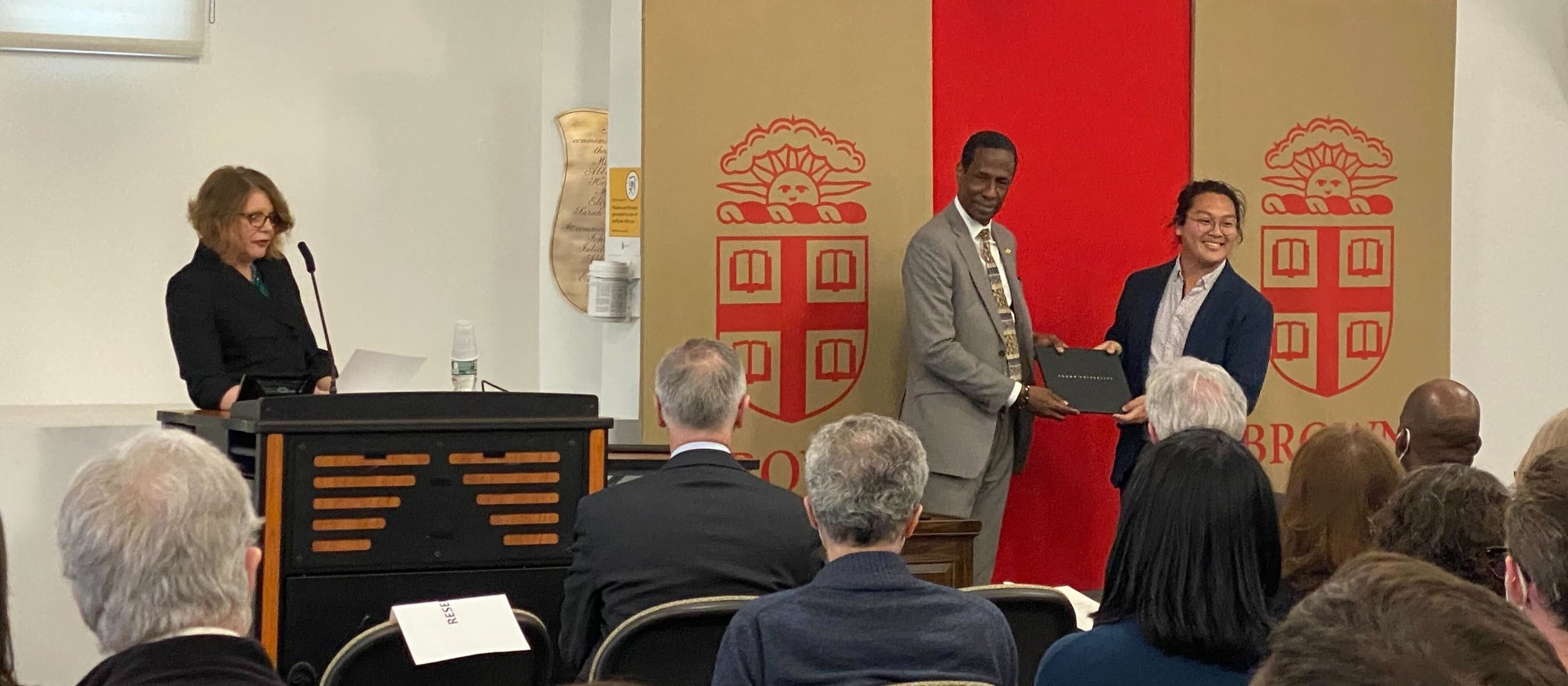UPDATE: As of May 2024, this position has been filled.
The Social & Affective Neuroscience Lab at Brown University (Lab Director: Oriel FeldmanHall) invites applications for a full-time Research Assistant/Lab Manager (start date to begin July 2024). Our lab uses behavioral, neuroimaging and psychophysiological techniques to explore the cognitive and neural basis of social decision-making (read more at FeldmanHallLab.com).
The research assistant/lab manager will gain experience with all aspects of the research process, which could serve as a launch pad to graduate studies. Primary responsibilities will include: (1) data acquisition using behavioral, psychophysiological, and brain imaging techniques; (2) management and analyses of datasets; (3) subject recruitment and screening; and (4) managing the lab and performing administrative duties, including IRB documentation.
The position is designed for an individual with a Bachelor's degree in psychology, neuroscience, computer science, cognitive science, or related fields. Previous experience in a lab is required. An ability to work independently with good judgment, organizational and time management skills is necessary.
A high degree of familiarity with programs such as E-Prime, SPSS, R, Matlab, SPM (or FSL), AcqKnowledge & BIOPAC systems, is especially desired but not required, and would otherwise be learned on the job. Further duties include managing the day-to-day activities of the lab including running experiments, managing subject payment systems, preparing experimental materials, handling IRB protocols, and training and supervising undergraduate research assistants.
To apply, please email Oriel FeldmanHall (feldmanhall.lab@gmail.com) your CV, a list of statistical and programming expertise, and the contact information of two references.


